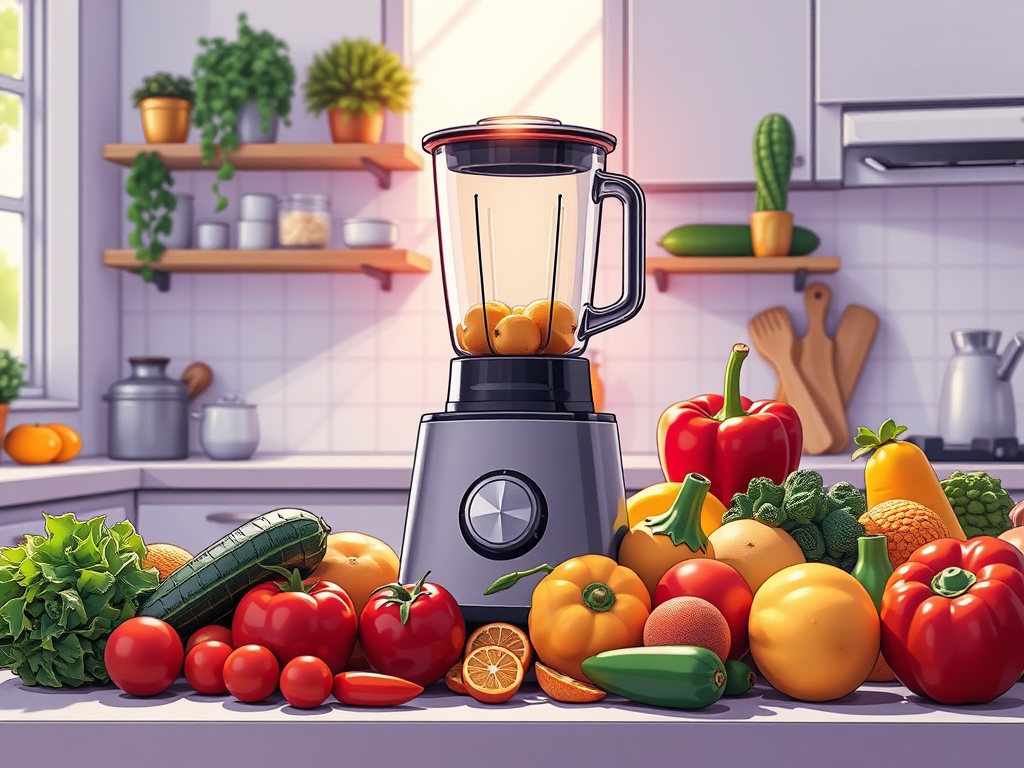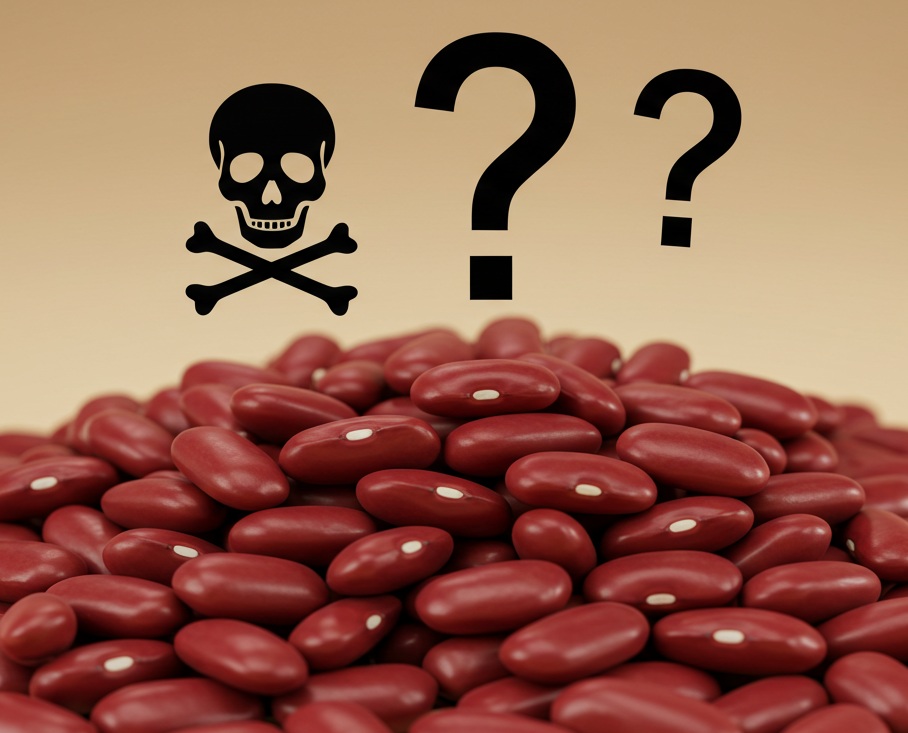Fortunately for those of us who love smoothies, this is not true−it is yet another Kitchen Myth! Blending actually has no effect on the nutrients in fruits and vegetables, or the fiber for that matter. You can blend to your heart’s content, and it is nutritionally equivalent to eating the whole apple, carrot, rutabaga, whatever. And the fiber is valuable, seeing how important it is for gut health, blood sugar control, and other aspects of our well-being.
The same cannot be said of juicing. The juicing process pulverizes the food and then extracts the juice. The solids are left behind and with them most of the fiber and some of the nutrients. So, drinking the juice from fruit or veggies is nothing like eating the whole apple, carrot, whatever.
Bottom line, if you want to drink your fruits and veggies, blending is the way to go.
No. NO! Seriously, it is not safe. Red kidney beans contain a potent toxin called phytohaemagglutinin which can cause severe gastrointestinal symptoms, including nausea, vomiting, and diarrhea. Fortunately, this toxin is deactivated by the heat of boiling. So boiled kidney beans, and this includes canned beans, are perfectly safe. But slow cooking uses lower temperatures than boiling, which is 212 degrees Fahrenheit. The actual temperature reached in a slow cooker varies by model and the setting used, but it is always below boiling−this is the very definition of slow cooking! Thus, the toxin in kidney beans will not be deactivated, at least not fully, by slow cooking.
You can safely cook kidney beans in a slow cooker if you soak them overnight and then boil them for 10 minutes before putting in the slow cooker, but it hardly seems worth the trouble! And as I already mentioned, canned kidney beans are perfectly safe.
By the way, other beans (for example cannelini and turtle beans) also contain phytohaemagglutinin but in much lower concentrations than red kidney beans. I have not seen any warnings about cooking those in a slow cooker.
Drinking hot lemon water–that’s right, hot water with lemon juice added–according to various “influencers” has a plethora of health benefits. Really? Well, no, not really! Crikey, the things some people will believe! Yet another myth to be busted−and I’m just the one to do it!
These supposed health benefits include better hydration, burning more calories, lowering toxin levels, boosting immune function, better digestion, reduced bloating, smoother skin, and (last but not least) more energy and focus. Sorry folks, it just ain’t so.
Well, hydration, OK, we all know that staying properly hydrated is good. But you’ll get the same effect from drinking tea or just plain water. And lemons contain vitamin C and citric acid, two important nutrients, but unless you have a serious dietary deficiency, the amounts in a bit of lemon juice are not going to make any difference.
If you enjoy hot lemon water, have at it. It certainly can do no harm, but don’t expect miracle health benefits.



